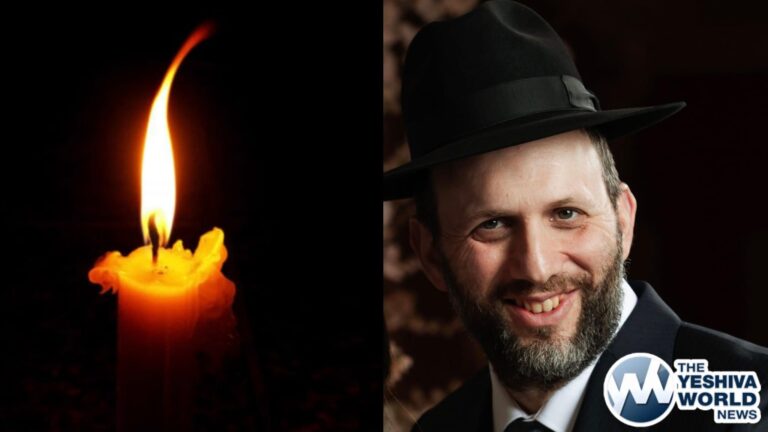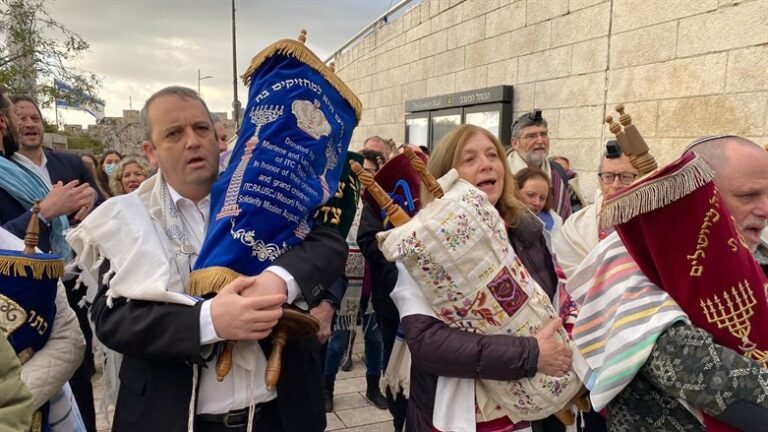Imagine for a moment you notice a well recognized Talmud chacham in your city walking with an Egyptian girl. Many of us would have thousands of questions. Upon hearing that she was in fact his wife, the questions would continue to mount. Doesn’t the Torah say that for a number of generations they aren’t allowed to enter into the tribe of klal Yisroel? It would raise more than a lot of questions from within the community.
Yet, we find similarly the same situation with Boaz. We know that Rus came from Moav, a nation that was forbidden from entering into the Jewish nation. However, when Rus asked him why he was being so nice to her, Boaz responded with two reasons. Firstly, he said, I have a mesorah that only the men from your tribe are forbidden from entering the khal Hashem, not the women. Secondly, I saw the type of chessed that you exhibited towards your mother in law, Na’ami, and for that reason I am extending chessed towards you.
What seems to be the pshat that Boaz tells Rus that only the men are not permitted to enter klal Yisroel but the women may. Why is that and what was his mesorah he was referring to?
Maharsha in Horiyos (11b) and the Ba’al Haturim in Ki Seitzey offer a fascinating answer.
They both say, one can witness two individuals doing the same exact ma’aseh yet one is a tzaddik and the other is a rasha. One example of how this is by a korban Pesach. You can have two people roasting the korban Pesach. One is doing this because he is a master griller and he wants to share his secret family recipe, passed down through generations, to all his neighbors and friends. However, the other person is doing so simply because it is a mitzvah in the Torah. So he gathers his family, makes a chaburah and roasts the korban Pesach. The first is a rasha who completely disregarded the word of Hashem and completely missed the boat, while the latter is fulfilling a mitzvah and making Hashem proud.
A second example given is the episode of Lot and his daughters. Lot and his family were warned to leave Sedom or else they would be killed when the city was destroyed. As they fled, Lot’s daughters watched as their mother didn’t heed the warning not to look back, thus turning her into a pillar of salt. After the destruction of Sedom they were puzzled. Were they really the only people left on earth? That was all they saw. Upon thinking this they came up with a plan. Let us get our father drunk so we can continue the world. They had the purest of thoughts. And from those thoughts the nations Amon and Moav were born. The daughters really believed they were the only ones left and they sincerely wanted mankind to continue its existence, purely for the sake of Hashem. Lot, on the other hand, was drunk; he participated in a disgraceful act without intentions for good, and for that chazal called him a rasha.
Says the Ba’al Haturim that the reason why the women from these nations weren’t forbidden from entering the k’hal Hashem was because it were the women that had the pure intentions! It was for that reason that the females were permitted to convert for generations and generations later.
We see from here how one pure ma’aseh, one solid and concrete thought, can have such an impact and an effect on future generations, thousands of years later. In today’s day and age when we are tested daily we should try to have this thought in mind. The outcome of a simple deed can have implications for many, many years to come.
May we be zoche that the fruit of our actions are ones that are only positive and that bring nachas to the Borei Olam.










